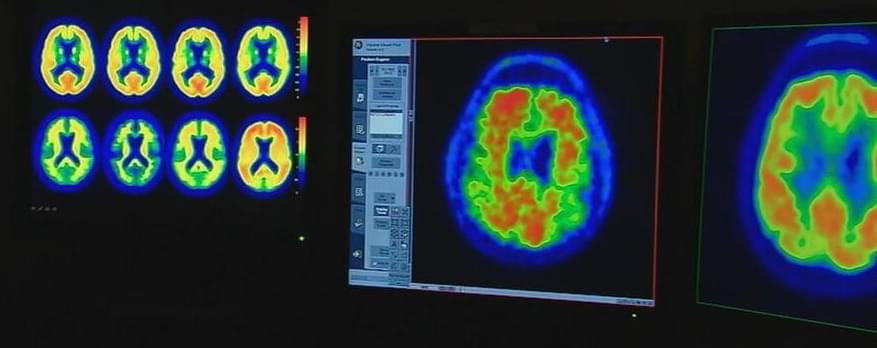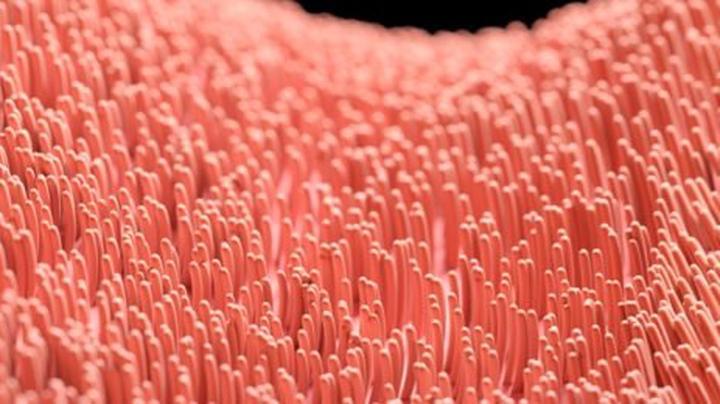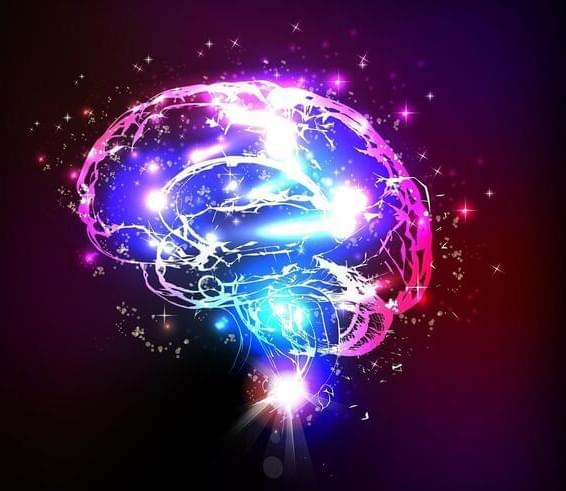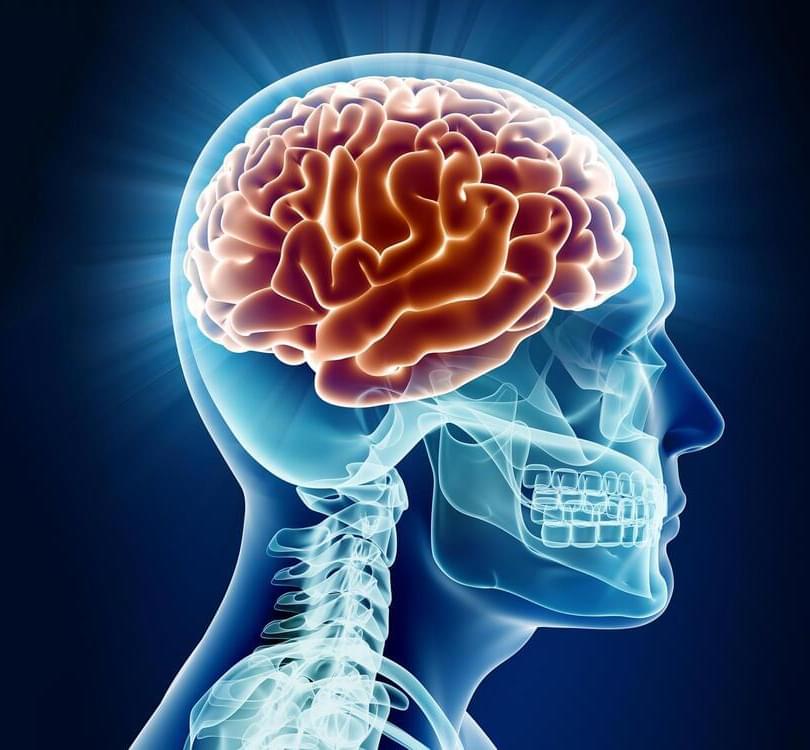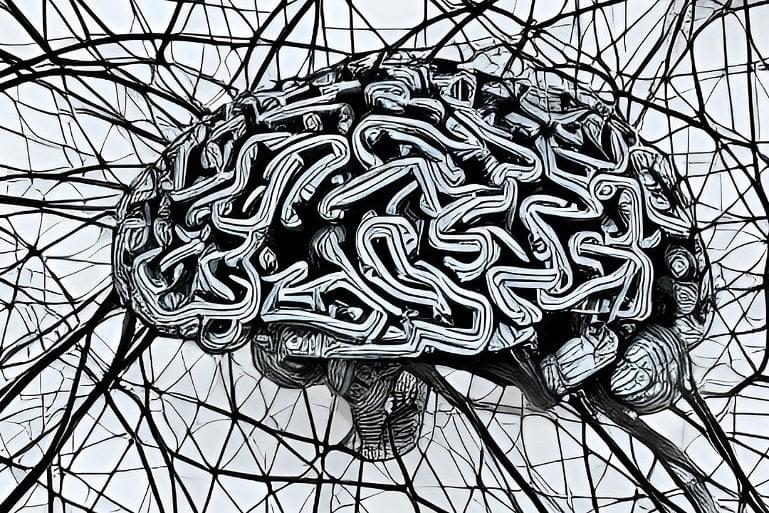SAN FRANCISCO (CBS SF) – At a conference Wednesday afternoon, a UCSF researcher presented the results of a two-year study that found strong evidence that the risk factors for dementia can be reduced up to 30% with a modified lifestyle.
Dr. Kristine Yaffe, a professor of Psychiatry, Neurology, and Epidemiology, presented her findings from a two-year randomized pilot study of nearly 200 older adults at the annual Clinical Trials on Alzheimer’s Disease conference in San Francisco.
She told KPIX 5 that it’s still a complex puzzle as to why some people get Alzheimer’s Disease and others don’t. That’s why her team of researchers joined forces with some colleagues at Kaiser Washington in Seattle and proceeded with the two-year study.
